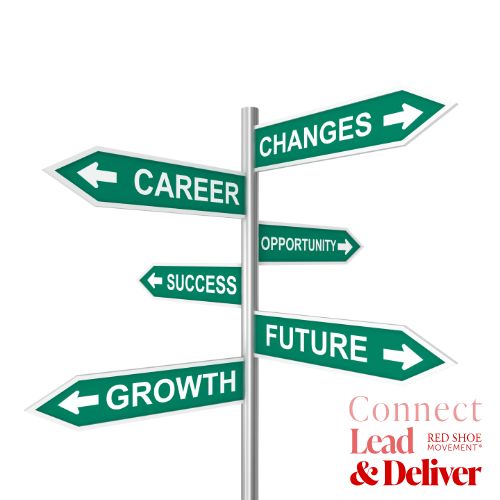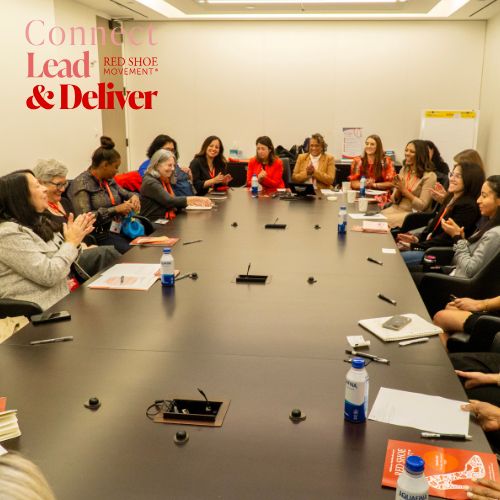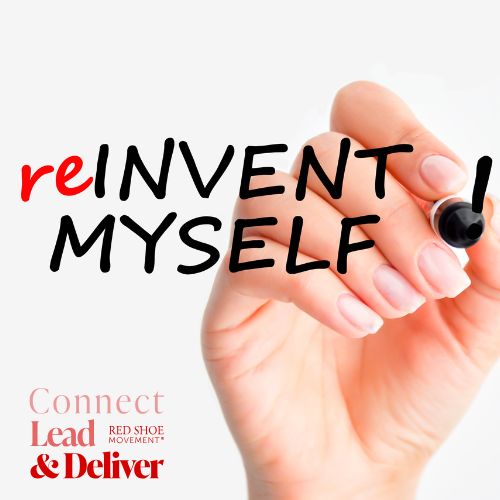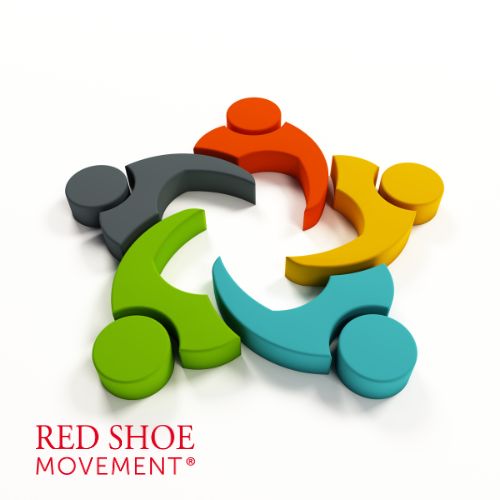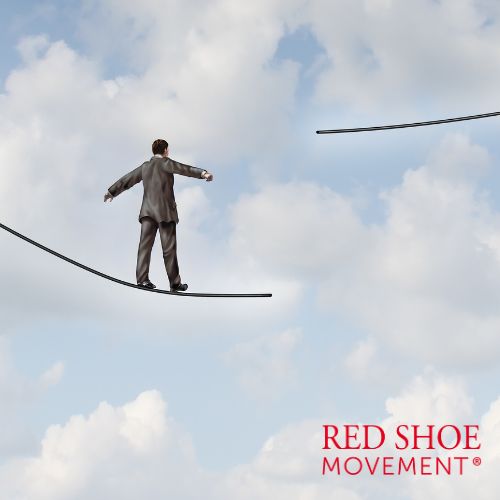Concentrating can be tricky. It doesn’t matter whether surrounded by chatty colleagues, still juggling work and home life, or doing a little bit of both, distractions are unavoidable. Luckily, we have assembled a list of five tactics to help you focus at work based on proven techniques. Let’s get right to it!

1Plan Ahead
Making plans and setting goals for you to meet every day can be a good tactic to help you focus at work. Make a to-do list every morning and place the three or four most important tasks as priorities. Identifying the stuff that needs to be done at the end of your workday will also help in other ways, like letting you know which tasks can wait and which will take more time. This will guarantee you get the most demanding work done during your most productive hours.
Set realistic expectations and avoid creating a long to-do list just because you’re feeling full of energy in the morning. You know yourself, so make sure you take advantage of your natural energy level and plan for the day accordingly. Set deadlines for yourself. They will help you get through one task before you move on to the next, and it will make it easier to get in the flow and not procrastinate.
Lessons Working Women Learned from the Pandemic

2Control Your Environment
Another tactic to help you focus at work is trying to control the environment as much as possible. Is your chair comfortable? Is the space organized? Are there unnecessary distractions that could be removed? Does wearing headphones help you get in the zone when you’re at the office? What kind of music makes you feel productive and inspired?
Sure, there’s a lot you simply won’t be able to control, but you should still find ways to make your environment more work-friendly. For example, having plants in your workspace can bring benefits, such as reducing stress and noise levels, clean the air, and boosting creativity – in addition to making spaces prettier and more pleasant. If you’re not getting enough air and natural light at work or home, make sure you take time for walks outdoors.
3Commit to at least 30 minutes of uninterrupted work at a time
Blocking out distractions for 30 minutes at a time feels doable, right? Well, this is one of the most important tactics to help you focus at work. Staying away from social media and sites like Tik Tok and You Tube is critical during your work hours. As a matter of fact, if you don’t need to browse the web as part of work, it’s a good idea to turn off your Wi-Fi to make sure you’ll stay focused on the task at hand. If you can’t do that, the next best option is to turn off all notifications that might tempt you to stop work while you check email and messenger services. You can set a timer for 30- minute intervals and then take a 5 minute break. After you do this four times, you can take a 30 minute break. (This may be a good time to go for a walk, have lunch or check your social media.)
The best way to achieve this is to put your phone in a drawer (or somewhere out of your reach) as you work through a task. This will help in two ways: 1) By taking away all the potential distractions and 2) By giveing you something to look forward to on your next break.
4 Simple Actions to Improve Your Self-Confidence
4Split big tasks into smaller ones
Sometimes, knowing we need to tackle something huge can lead to a lot of postponing and procrastinating. Try to split the big project into smaller, more manageable tasks and set a deadline for each one of the smaller tasks. When you focus on one small task at a time, everything seems much more doable and the overall anxiety diminishes.
5Take Frequent Breaks and Reward Yourself
None of these tactics to help you focus at work will be useful if you don’t take care of yourself and avoid burnout. In fact, taking a break and then getting back to it can sometimes be the best way to regain inspiration and focus. This is where realistic expectations and planning your workday is key, since it will let you schedule your breaks for the moments when you know you’ll need them most.
You can also try to find a few small ways to reward yourself throughout the day. Maybe chocolate after a task that’ll require more time. Or listening to a podcast you love, stepping out to lunch with a friend or a special dinner when you’ve powered through your workday to-do list. It doesn’t have to be something huge, as long as it makes you feel good about yourself and your work.






























